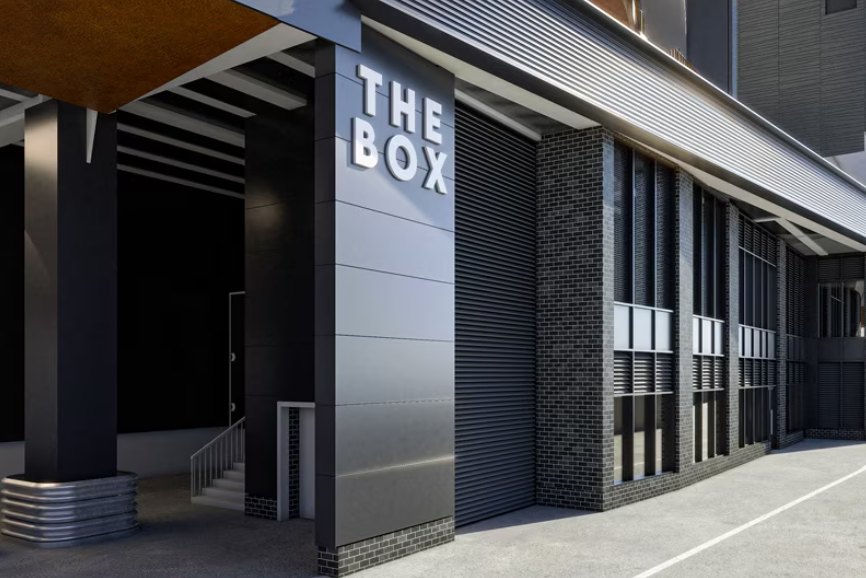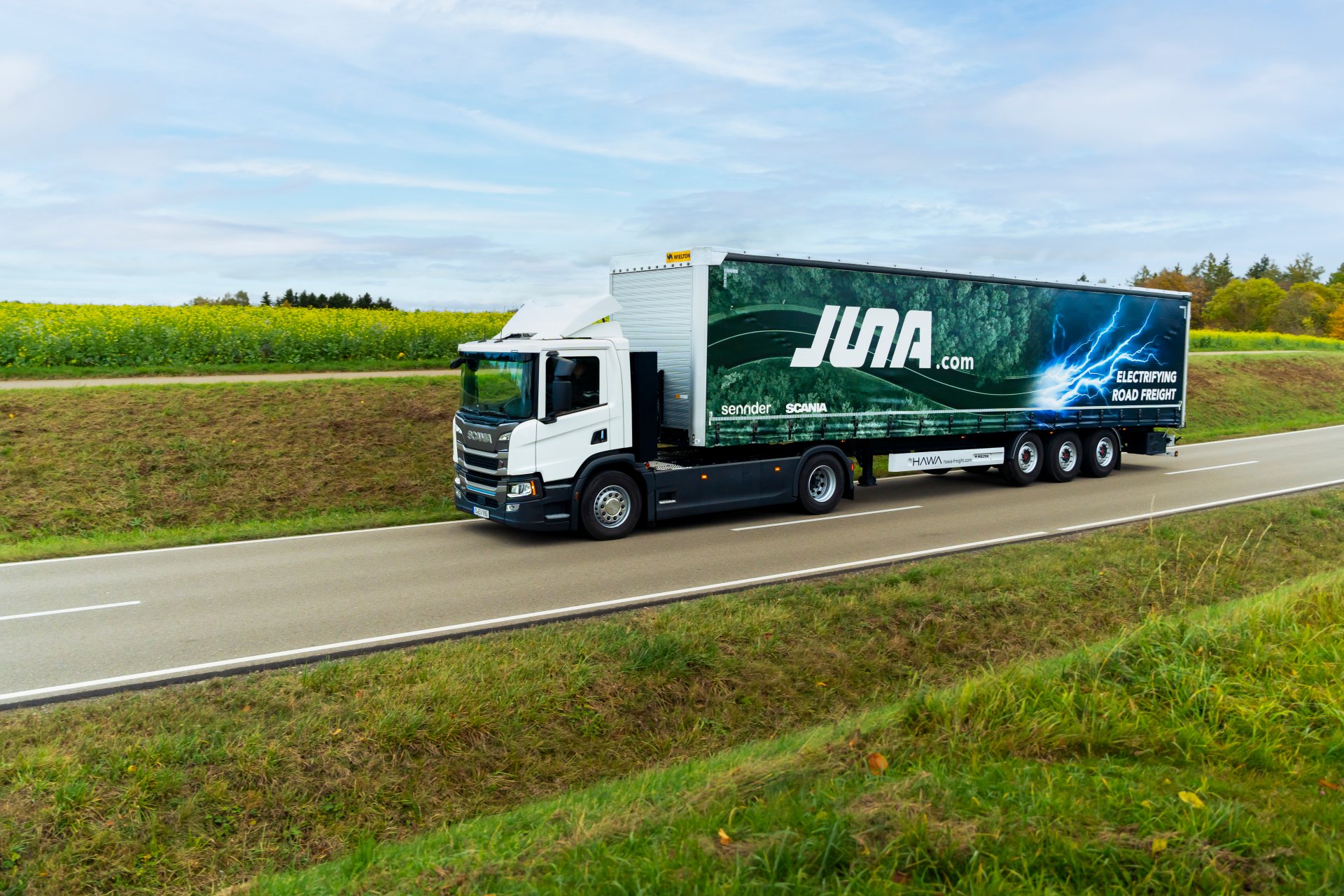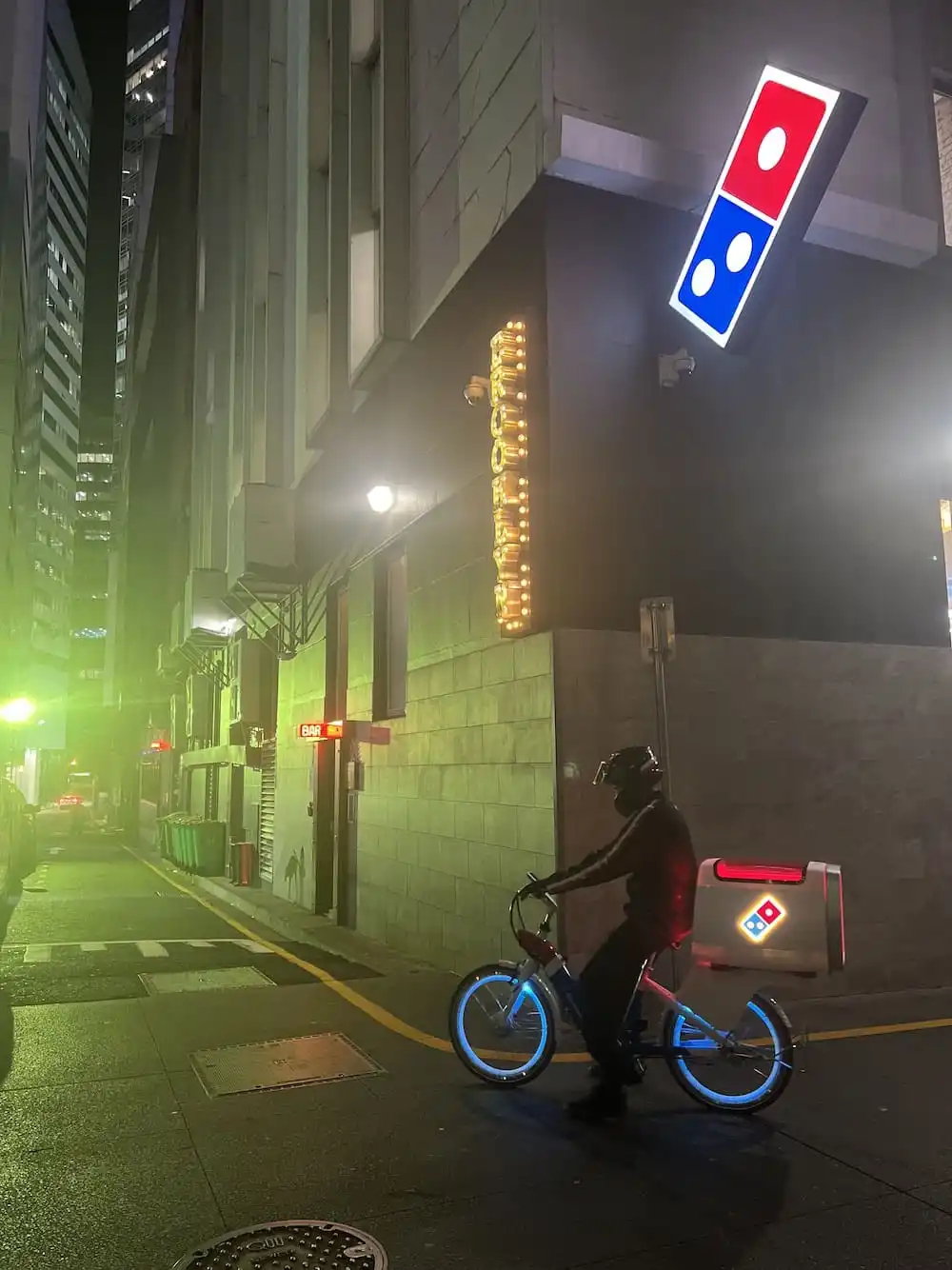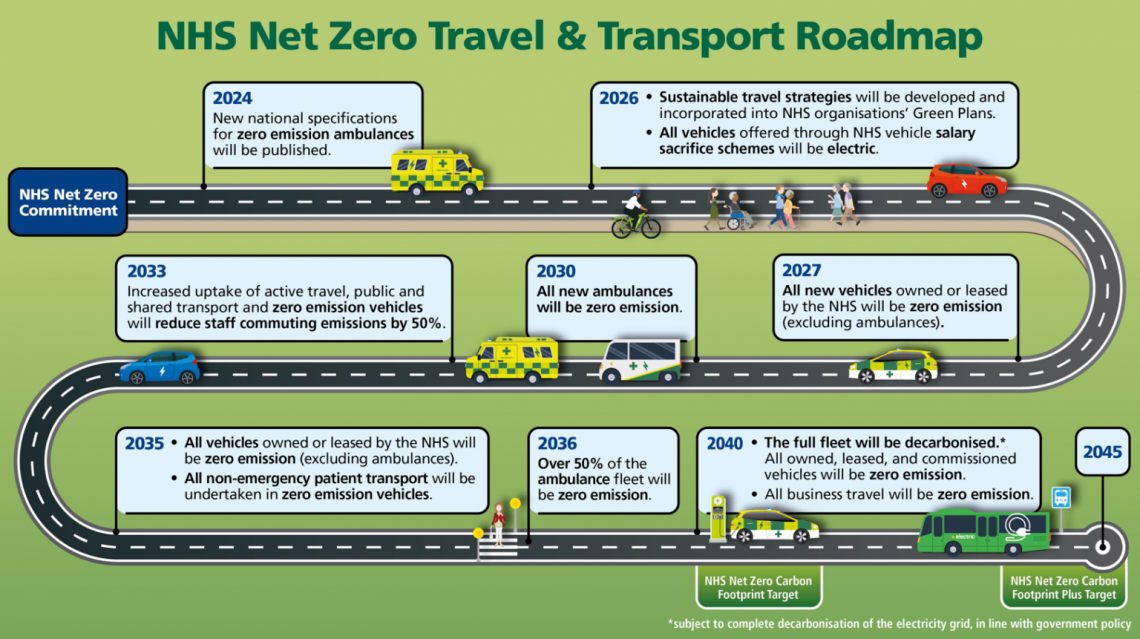British Land Secures Planning for Net Zero Urban Logistics Hub in Central London

Paddington Central’s 5 Kingdom Street logistics hub (The Box). Source: British Land
One of the UK’s leading property development and investment companies, The British Land Company plc, has secured planning approval for a 121,000 ft² eco-friendly logistics hub in Paddington Central, which has been designed to serve central London with low-carbon deliveries.
According to British Land, the ultra-low carbon logistics hub, called ‘The Box’, will provide inbound access to HGVs with outbound deliveries being conducted via smaller electric vehicles and electric cargo bikes.
The delivery radius is expected to cover the whole of Westminster, and it is estimated that the hub will remove around 100 large vans from the area, reducing annual carbon emissions by 90% in comparison to using traditional vans with an internal combustion engine.
Mike Best, Head of Logistics at British Land, commented: “The post-pandemic demand for ultrafast deliveries comes with major impacts on emissions, air quality, congestion, and road safety, which urban logistics hubs can combat. Replacing traditional vans with sustainable electric vehicles and bikes can deliver carbon savings of up to 90% per parcel, alongside a wider positive impact on air quality and the wider environment for local communities.”
New Joint Venture JUNA Aims to Drive Electric Truck Adoption in Road Freight Logistics Across Europe

Scania CV AB/JUNA electric truck. Source. Scania CV AB
Transport solutions provider Scania CV AB has formed a joint venture called JUNA with digital freight forwarding company sennder Technologies GmbH to offer an innovative pay-per-use model for a range of alternative drivetrain vehicles, including electric trucks.
JUNA’s brand new, multifaceted pay-per-use package includes access to Scania electric vehicles, in addition to a number of supportive perks that add value to the offering, including repair, maintenance, insurance, digital solutions, and analytics services.
Subscribers to the pay-per-use package will also have access to sennder Technologies GmbH’s carrier network, the largest in Europe, which allows small to medium-sized trucking companies to easily connect with shippers and increase their productivity.
The model aims to address some of the key barriers that hinder adoption of electric vehicles within the road freight logistics industry in Europe, such as high upfront costs, residual value, and technological risk.
Gustaf Sundell, Executive Vice President and Head of Ventures and New Business at Scania, says: “JUNA is the result of a collaboration between two companies with complementary expertise in the areas of electric vehicles and digital logistics, which will accelerate the transition to electric transportation.
“Scania is exploring new solutions to find ways of creating value for our customers, today and in the future. And we are proud to see this project with sennder come to life. We believe it will play an important role in driving the shift to a sustainable transport system.”
Domino’s Reveal New Innovative E-Bike with Built-in Pizza Oven

Domino’s dxb e-bike. Source: Domino’s
Domino’s Pizza Enterprises Ltd has claimed that they are “boldly going where no pizza company has gone before”, after revealing that they are revolutionising deliveries by incorporating a fan-forced pizza oven on their innovative e-bike, called ‘dbx’ .
The bike has been developed to address one of the biggest logistical challenges for last-mile food deliveries: temperature control. Domino’s has installed a fan-forced pizza oven on the rear end of the bike ‘to provide the hottest… ride for precious pizza cargo.’
The temperature-controlled pizza oven maintains the cargo temperature at 68°C, so customers can receive a Meatball Marinara that has “optimum freshness and cheese stretch.” Domino’s claims that it is “the closest you get to having a real Domino’s oven in your home.”
In order to ensure the ride is as smooth as possible and that the quality of the pizza isn’t compromised throughout its journey, the bike is fitted with ‘space age’ suspension that reduces g-forces by up to 67%, thus maintaining the integrity of the pizzas as they leave the store and reach the consumer.
Domino’s has yet to specify some of the e-bike’s key specifications, such as the power of the motor as well as its overall range; however, it is anticipated that the downtube-integrated battery will supply power to the rear-mounted oven.
Domino’s Group CEO and managing director Don Meij stated: “For us, delivering the perfect pizza is more than just a job; it’s our core purpose and runs deep within our DNA. The dxb is the next exciting milestone in our quest to ensure your pizza reaches you in record time without compromising on quality or taste.”
NHS England Reveals New Net Zero Travel and Transport Strategy

Net Zero Travel and Transport Strategy roadmap. Source: NHS England
NHS England has published ambitious plans under the Net Zero Travel and Transport Strategy to decarbonise its entire fleet, which is the second largest in the UK, by 2045.
The plan alludes to the tangible threat of climate change and the impact this could have on its ability to deliver essential services in both the near and long term.
Due to this threat, the organisation has pledged to become the first national health system in the world to commit to decarbonising its operations, setting a clear target to achieve net zero by 2045 for its total carbon footprint. NHS England have also set an 80% reduction by 2036 to 2039 target prior to this.
The net zero strategy highlights several key steps that will be taken to bring these targets into fruition:
- By 2026, sustainable travel strategies will be developed and incorporated into trust and integrated care board (ICB) green plans.
- From 2027, all new vehicles owned and leased by the NHS will be zero emission vehicles (excluding ambulances).
- From 2030, all new ambulances will be zero-emission vehicles.
- By 2033, staff travel emissions will be reduced by 50% through shifts to more sustainable forms of travel and the electrification of personal vehicles.
- By 2035, all vehicles owned and leased by the NHS will be zero emission vehicles (excluding ambulances) and all non-emergency patient transport services (NEPTS) will be undertaken in zero emission vehicles.
- In 2040, the full fleet will be decarbonised. All owned, leased, and commissioned vehicles will be zero emission.
The organisation estimates that by successfully transitioning to net zero by 2045, it will save over 2 million life years by negating its carbon footprint, resulting in cleaner air, healthier cities, and a more resilient health service.
NHS England has already taken successful initial steps towards decarbonising its fleet after implementing the world’s first zero emission ambulance in the West Midlands, while Sheffield Children’s NHS Foundation Trust has earned recognition as the first NHS trust in the country to go emission-free after successfully replacing all of their diesel-powered vans with electric vans.







